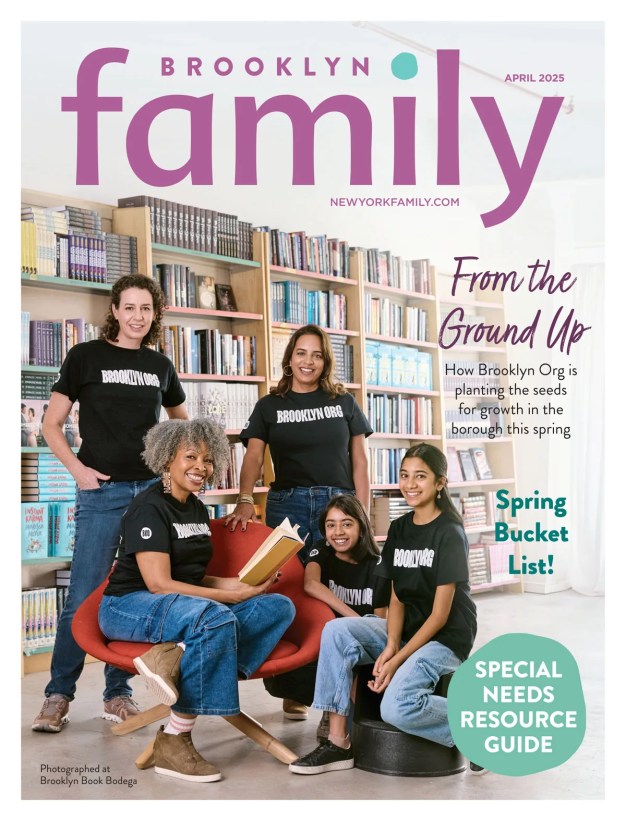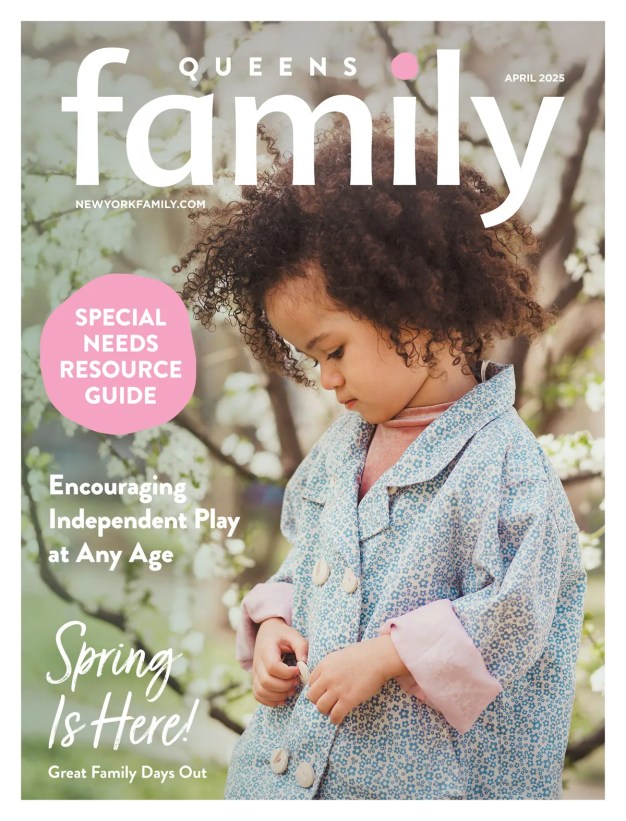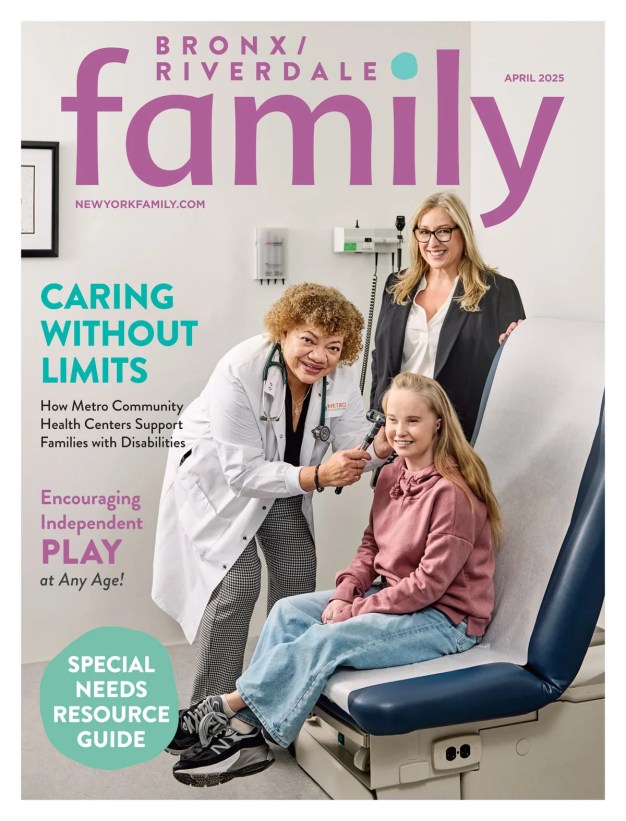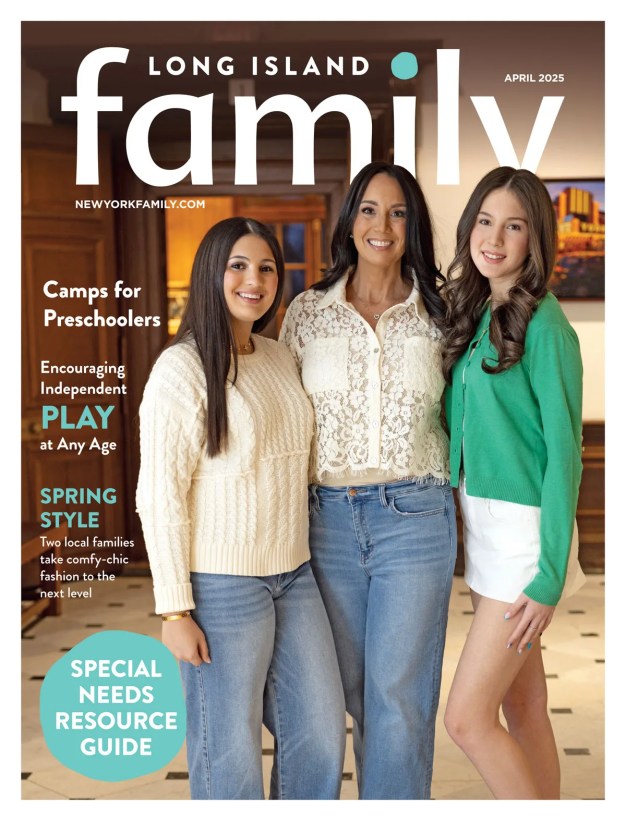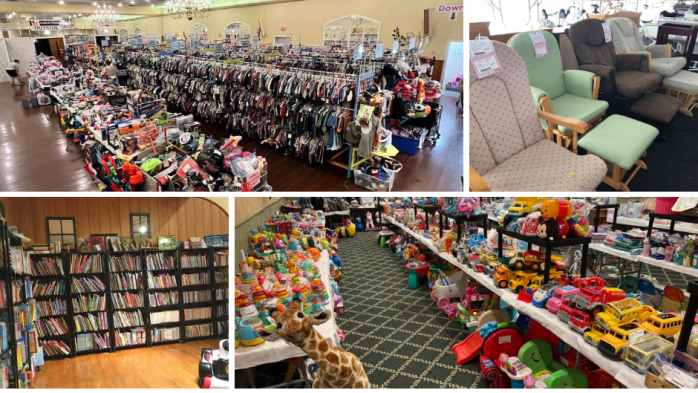One of the main challenges of being a parent is figuring out boundaries. How do we instill a certain set of values in our children while still allowing them the freedom to grow into independent individuals? How do we teach autonomy while letting them know that we will always be there for them, bail money in hand—not that they’ll ever need it, of course? How do we get them to clean their darn rooms without seeming like a nag?
Maybe the answer is to let someone else parent them for a while. Perhaps for a few weeks. Perhaps every summer.
Summer camp is a great place for kids to grow, no doubt about it. It’s also a great place for them to get some much-needed space from mom and dad and form relationships with other authoritative, yet not nearly as threatening, figures: camp counselors.
For 21-year-old Long Islander Paige Pierce, summer camp has been a place to make life-long connections. Pierce was a camper at Camp Onaway in Hebron, NH, since sixth grade and spent the last two summers there as a counselor. For her, the camper-counselor relationship is a special one. “I think the relationship between a camper and counselor is so important because it is a chance for children to build a friendship with someone who inspires them,” she says. “They respect you in a different way because campers view counselors more as friends than disciplinarians. It’s a really special bond a child creates.”
Pierce stays in touch with her campers throughout the school year and has even maintained friendships with her own counselors from years past, when she was a camper. “There’s a certain trust that is formed between the camper and counselor,” she says. “Since counselors are often looked at as peers, just a few years older than most campers, campers will often open up to counselors in ways that they might not do with their parents.”
That means counselors often struggle less, if at all, with getting kids to follow directions. It’s the “we’re all in this together” mentality that encourages campers to be on their best behavior, Pierce says. For instance, if one camper doesn’t make her bed then all campers in that bunk will suffer the consequences.
RELATED: Find a Camp in Your Area
The Rules Are Less Rigid at Camp
Stacie Soto, director of Oasis day camp in Brooklyn, went to day camp throughout her childhood and remembers several counselors who made a lasting impact on her. This is the basis that forms Oasis’ approach to being a camp counselor. Soto tells her staff that they’re not just counselors, but role models as well.
Soto was a counselor for six years at Oasis before moving up the ranks, so she saw first-hand just how much campers look up to their counselors. Kids may come to camp nervous or a little scared, but once connections with their counselors are made, campers not only become more excited to come to camp but are more enthusiastic about trying new things. “Camp is a place where a child can start fresh,” Soto says. “Maybe they had a not so good year at school and they come to camp to have a new experience and make new friends and see old friends and the counselors are really an important part of that experience.”
“Camp is a special place where it’s all about being yourself,” she adds. And that includes counselors, too. “Counselors can be big kids. It’s not so rigid, like it might be at school or at home, and the counselors have the freedom to bond with kids in a number of ways.”
Lauren Wexler, director of camps at the 92nd Street Y in Manhattan, agrees. “The best thing about camp is that parents aren’t there,” she says. “Encouragement from counselors is what gets kids to take risks. Parents can reinforce this at home with positive feedback, but they need to remember to step back a bit. Counselors are doing the basic things to keep kids safe. They are putting sunscreen on, they are making sure shoes are tied, they’re making sure that kids are well taken care of and safe. All parents have to do is encourage these relationships to form organically.”
REALTED: Camp Advice and Tips
Wexler also says that it’s the laid-back nature of camp that really fosters a great relationship between counselors and campers. “In school, kids are held to certain expectations, it’s a results driven environment,” she says. “At camp it’s all about fun. No pressure, no results. In camp, all we are worrying about is socio-emotional development, having fun, personal growth, and independence. The rules are less rigid. If a camper doesn’t love soccer but loves drawing I’ll tell them, ‘Let’s draw for a few minutes and then when you’re ready to play soccer we can play soccer.’ We really focus on what kids are good at and use that to make camp a fun experience.”
Bringing that Camp Feeling Home
The obvious question many parents ask is: How do we bring that feeling home? The truth is, you might not be able to, and that’s okay. “There are things we cannot do for our children, no matter how much we might want to,” says Michael Thompson, Ph.D., the author of Homesick and Happy: How Time Away from Parents Can Help a Child Grow. “In order to successfully accomplish these tasks, to grow in the ways they need to grow, children have to do it on their own, and usually away from their parents, sometimes overnight, sometimes for days or weeks or even months.”
“Children love to learn, but they get tired of being taught by adults,” Dr. Thompson says. “Children want to learn from older children, and, at a camp that means older campers, CITs (counselors in training), and camp counselors. They want to live with them, emulate them, absorb them. In our age-segregated society, camp is the only place in America where an 11-year-old can get the sustained attention of a 19-year-old. In return for the attention of these ‘older children,’ campers will make sacrifices. They will follow all kinds of rules and adhere to all kinds of rituals that they would likely fight at home.”
If you’re at all anxious about sending your children to camp, rest assured that they will probably grow leaps and bounds by the end of the summer. And in this case, it will have had almost nothing to do with you, Mom and Dad. Thank their counselors.
Sign up for our newsletter to receive the latest updates on fun events and other family activities in your area.

